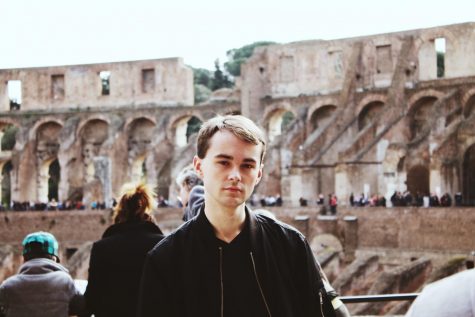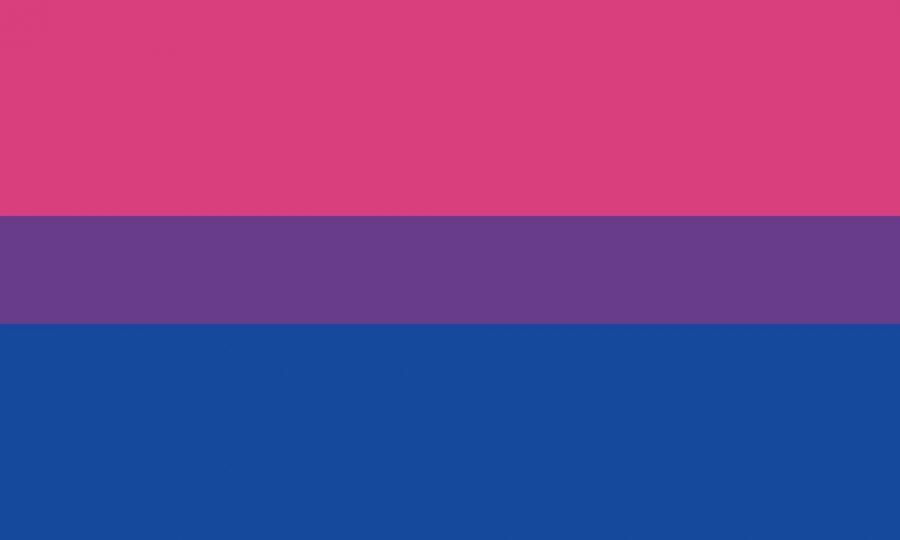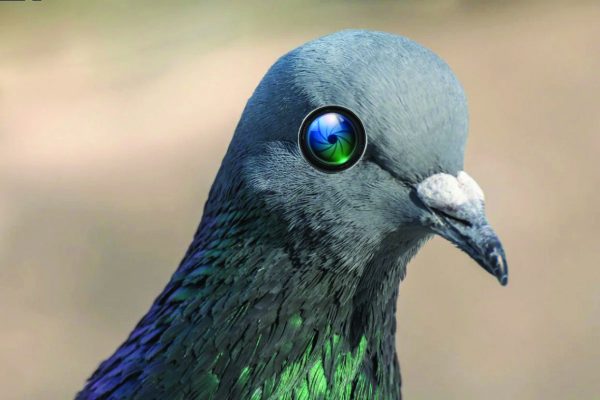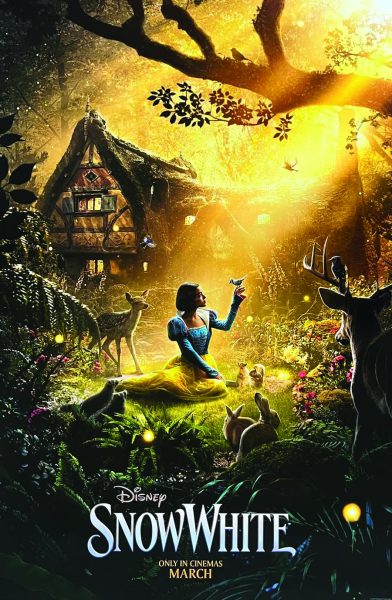Bisexuality Isn’t All About the Sex
From the moment I came out in middle school, it seems as though my entire being has been boiled down to one simple fact: I am bisexual.
“Wow, you have so many choices!”
“You could have sex with anyone you want.”
“You must be into some crazy stuff [insert sexual wink].”
Or, as my mom once so tactfully said “I just don’t understand how you can like both.”
The oversexualization of bisexual people is nothing new. According to the website biresource.org, “bisexuality gets conflated with sex” and they couldn’t be more right. A study published by the Archives of Sexual Behavior provided readers with not-so-shocking data: bisexual men and women had similar sex drives to gay and straight men and women. Who would have thought?
While I could bemoan how something as inconsequential as my sexuality is being oversexualized, it’s also incredibly dangerous. The Centers for Disease Control published a study on sexual assault in the LGBT community. Their study showed that 37 percent of bisexual men experienced rape or some other form of sexual abuse while 61 percent of bisexual women experienced similar forms of assault. Both of these statistics beat out the statistics of gay and straight men and women.
Oversexualization is dehumanizing. Once someone is seen as vessel for sexual satisfaction, they are stripped of their humanity. They are seen as a means to a sexually gratifying end. The rallying cry for women has begun. Movements such as MeToo and Time’s Up have offered women, and some men, with the ability to strike back at rape culture and take back their lives. But, where are the resources for bisexual people? Who is going to pioneer a culture where we aren’t oversexualized?
According to a study completed by psychologist Kristen Mark at the University of Kentucky, bisexual people see monogamy as a “sacrifice” to their lives rather than an “enhancement,” more so than their gay and straight counterparts. Maybe this is a result of their increased pool of potential suitors, or maybe it’s a result of their internalized objectification.
When someone is oppressed, they can begin to internalize some of what they hear and begin to act accordingly. If bisexual people are told and treated like sexual objects by people they are interested in, then they will begin to feel as though that is all that they are worth. That’s a shame in and of itself because we as a society have become so much more than sex, haven’t we?
My name is Everett Bishop. I am bisexual. But I am also a student, a friend, a writer. I have dreams and goals and aspirations. And I do not exist for your sexual satisfaction.

Everett Bishop is a senior at the University of New Haven and is student life editor for The Charger Bulletin. He is double majoring in communications...





